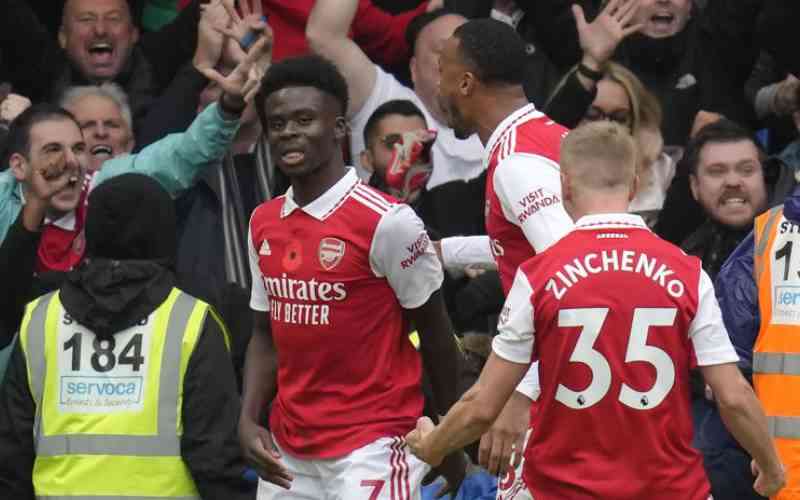×
The Standard e-Paper
Home To Bold Columnists

Rwandan President Paul Kagame is a big fan of the English Premier League club Arsenal.
The London-based club penned a multi-million-pound sponsorship deal to market tourism in the East African country in 2018, with the "Visit Rwanda" tagline well displayed on the club's shirt sleeves and around the Emirates Stadium during home matches.